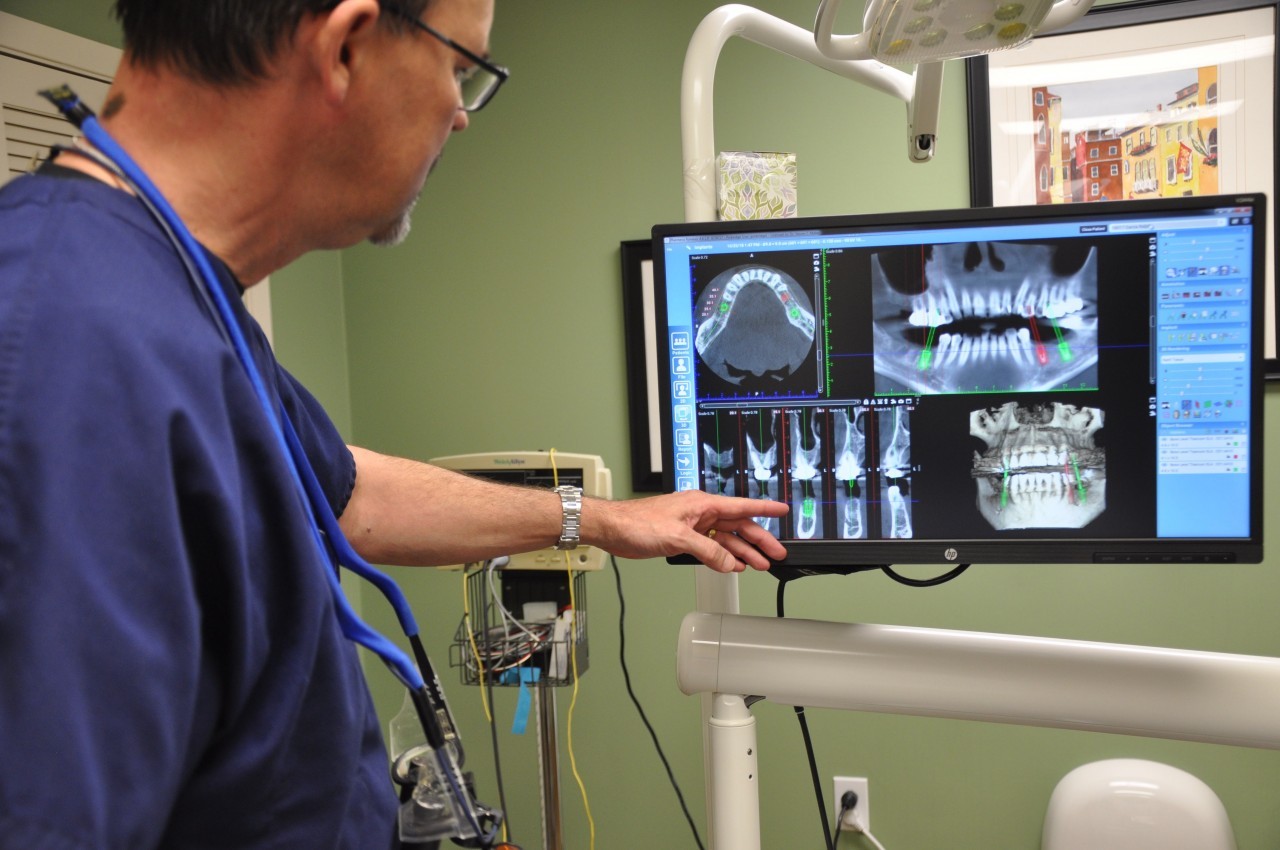Going to the dentist regularly for cleaning is crucial for oral health and helps prevent many problems associated with teeth and gums, such as cavities, gingivitis, and periodontitis. Periodontal cleaning can act as an extra step to preventing gum disease while providing a deeper clean.
What is Periodontics?
Periodontics is a type of dental specialty focused on preventing periodontal disease. Periodontal diseases affect the gums and cause a number of issues ranging from bleeding gums to tooth loss. Periodontal cleaning can help prevent these diseases and provide a deeper cleaning.
Regular Cleaning
Regular cleaning is the routine yearly or twice a year cleaning done at a dental office. These cleanings are focused on preventative care and checking for cavities and other issues. Regular cleaning removes the visible plaque off the teeth. If plaque remains on the teeth, it will turn into tartar which hardens on the tooth. Tartar must be professionally removed by a dentist, so it is important to prevent plaque from developing into tartar.
Periodontal Cleaning
Periodontal cleaning focuses more on the gums and the teeth’s relationship to the gums. The gums act as the support of the teeth and catching possible disease early is key to preventing tooth loss. Patients go in for periodontal cleaning more frequently than regular cleaning.
The goal of a periodontal cleaning is to clean the gums and the spaces between the teeth and the gums to prevent damage to the bone, according to the Mayo Clinic. Periodontal experts use three main methods to clean the teeth and to treat gum disease early.
Treatment Methods
- Scaling - Removes tartar and bacteria on the teeth and underneath the gums by using dental instruments, an ultrasonic device, or a laser.
- Root Planing - Smooths out the root surfaces to discourage buildup that causes detachment between the teeth and gums and inflammation.
- Antibiotics - both topical and oral antibiotics may be used to clear up infection.
Benefits of Periodontal Cleanings
One of the most important benefits of a periodontal cleaning is prevention against periodontal disease. There are different types of periodontal disease, but early detection is an essential preventative measure for them all.

Types of Periodontal Diseases
Gingivitis
The beginning stage of most periodontal diseases is gingivitis. At the beginning stages it does not cause discomfort, so looking for the warning signs are important. The signs of gingivitis are red, swollen, or bleeding gums. It can be reversed, so tell your dental provider so they can help you develop a treatment plan with professional cleaning along with at-home care. Brushing at least twice a day and flossing twice a day can help. Catching gum issues like gingivitis early is very important for oral health.
Chronic Periodontitis
Chronic periodontitis is the most common type of periodontal disease. Inflammation and bone loss are the most signs. While it is more common in adults, it can develop at any age.
Manifestation of Systemic Diseases Through Periodontitis
Systemic diseases all affect other parts of the body, and poor gum health is often a symptom of certain diseases. Stroke, heart disease, and lung disease can physically manifest through gum disease. Poor gum health can be an indicator for other problems in the body, so do not hesitate to contact your dental care provider to schedule an appointment.
Aggressive Periodontitis
Patients with aggressive periodontitis typically have no other health problems, but they suffer from rapid bone destruction and the loss of attachment between the teeth and gums. This disease typically runs in families.
Necrotizing Periodontal Disease
This disease is most common with people with conditions such as HIV. The cells in the gum tissue, the cells in the periodontal ligament on the sides and base of the gum, and cells in the alveolar bone, which connects the teeth to the rest of the skull, all die.
If you are concerned about gingivitis or any other periodontal disease, don’t hesitate to contact our team at San Antonio Periodontics and Implants. Check out our website to view your options as well as schedule an appointment. Our number is 210-824-0111.


